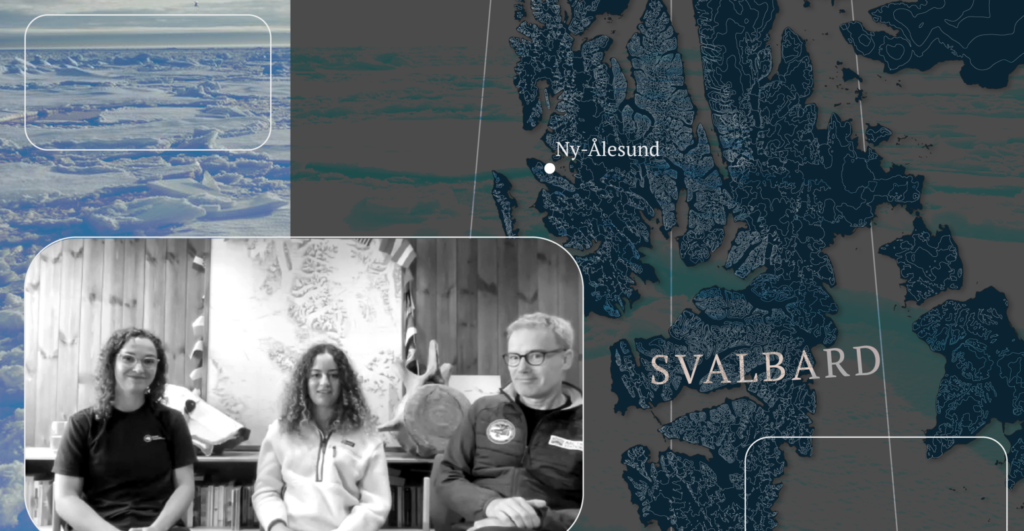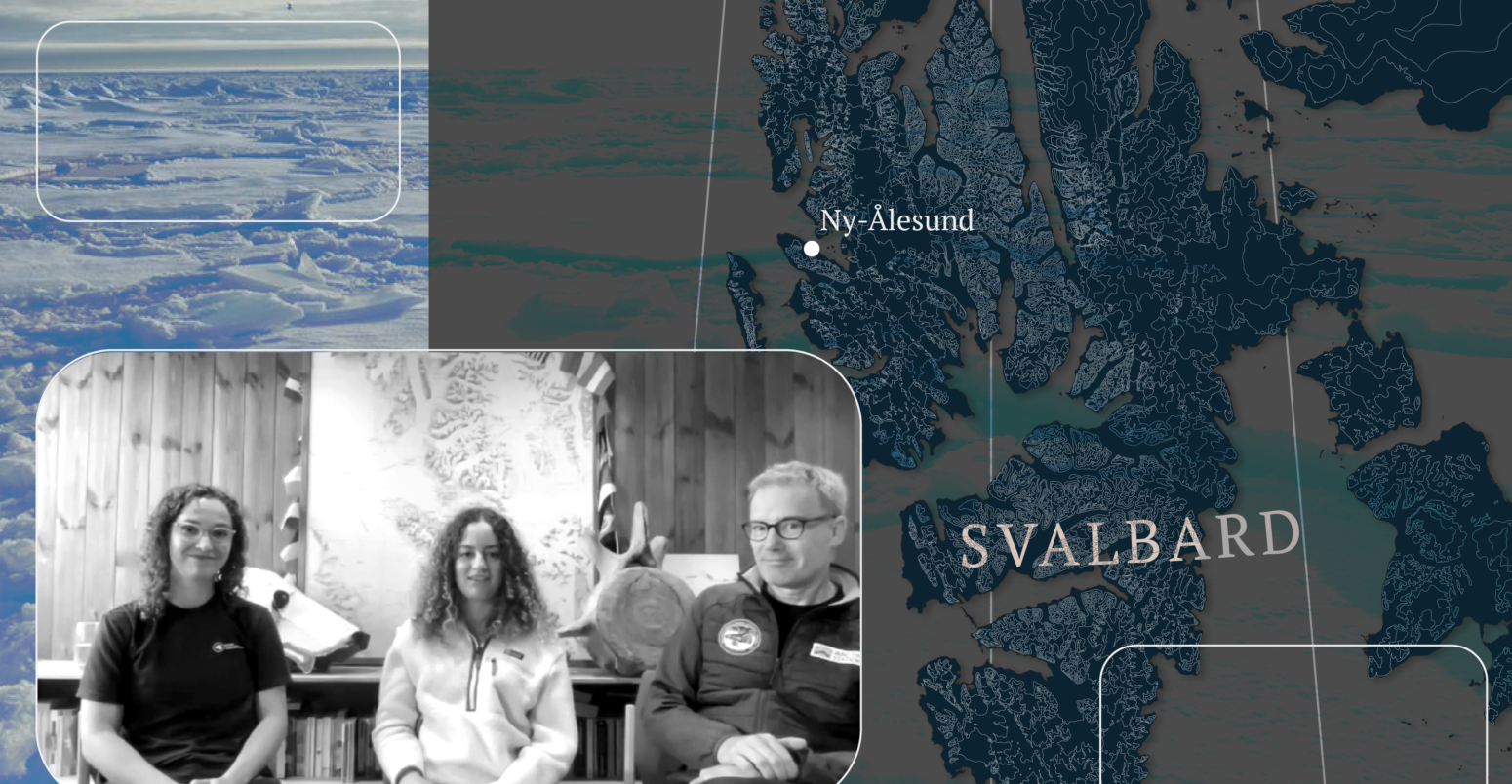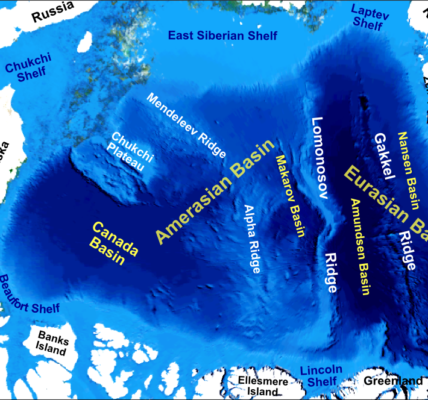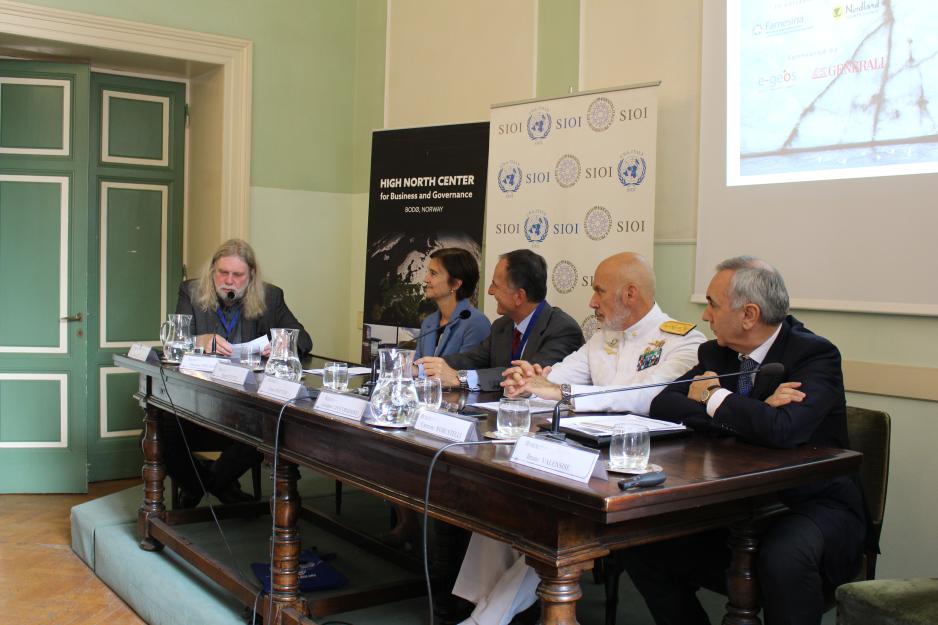The northernmost human settlement in the world, Ny-Ålesund, has for more than 30 years hosted the UK’s Arctic Research Station – the nation’s only permanent infrastructure near the Earth’s northern pole.

Located on the Norwegian archipelago of Svalbard – one of the most rapidly warming places on the planet – the station acts as a base for UK scientists studying how climate change is affecting the Arctic’s ice, ocean, ecosystems and atmosphere.
On Friday, Carbon Brief joined representatives from the British Antarctic Survey (BAS) and the Natural Environment Research Council (NERC), which manage and fund the station, respectively, to host an online webinar live from Ny-Ålesund.
The speakers explained more about the research that climate scientists are conducting in the Arctic.
They also answered a broad range of questions on everything from how people living at the station spend their evenings to the kinds of archaeological finds that have been unearthed from melting glacier ice.
The webinar was moderated by Carbon Brief’s associate editor, Daisy Dunne, and featured:
- Dorothea Moser, an ice cores scientist at BAS
- Henry Burgess, head of the NERC Arctic Office
A recording of the webinar (below) is now available to watch on YouTube.
Burgess opened the webinar by explaining the extent to which climate change is affecting Ny-Ålesund, saying:
“The Arctic is changing and warming much much more quickly than the rest of the globe. The figures in Svalbard are particularly stark. If the Arctic as a whole is warming four times more quickly than the rest of the globe, in this part of Svalbard, over the last past 50 years…winter temperatures [have become] almost 7.5C warmer.”
Moser’s research is centred on how increasing winter rainfall in the Arctic could be affecting the efficacy of ice cores, which scientists use to study Earth’s past climate. She explained:
“Specifically here in Ny-Ålesund, my work is centred around doing snow experiments during the winter…My experiments try to simulate the process of rain on snow to explore how rain on snow is affecting ice as climate archives.”





So excited to see Carbon Brief collaborating with scientists in such a vital area of research! The Arctic is so important for our understanding of climate change. Keep up the great work! 😊
As the speakers highlighted, the Arctic is a key area for climate research. It’s important for us to engage with this information and advocate for policies that support scientific exploration and environmental protection.
Listening to the speakers discuss their findings emphasizes the importance of Arctic research in combating climate change. I advise everyone to explore related studies and consider how we can integrate this knowledge into our daily lives.